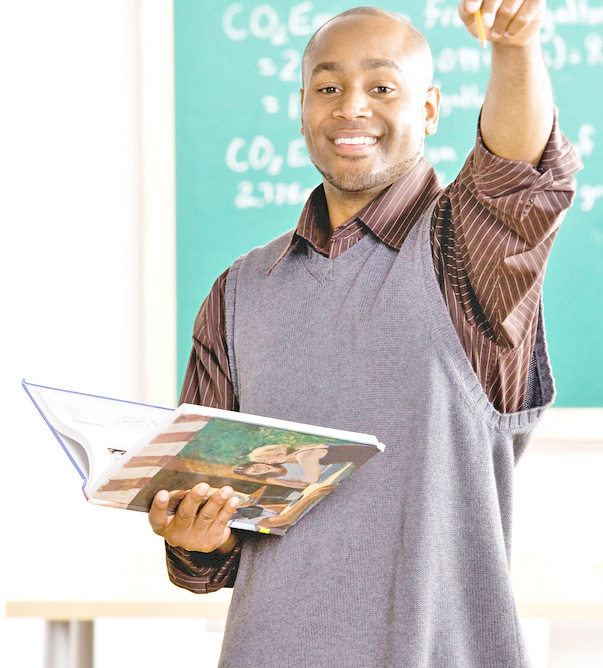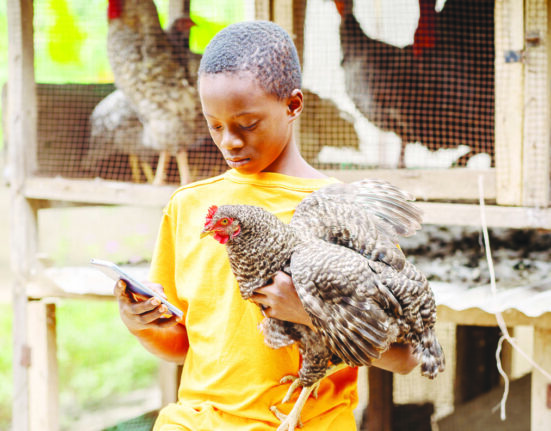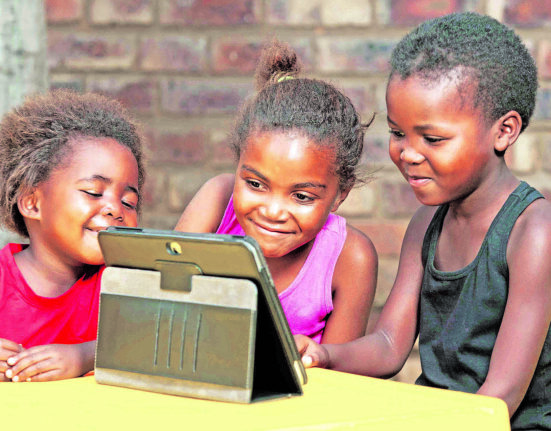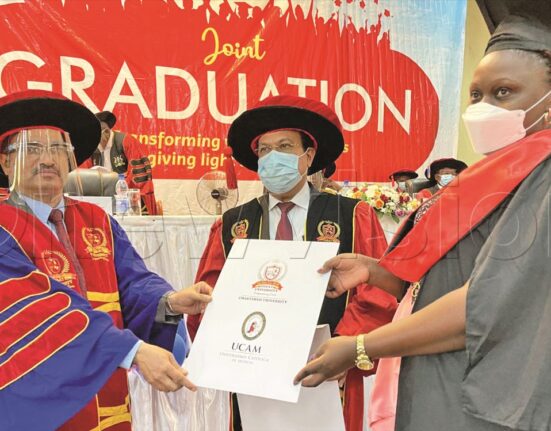This article was first published in the New Vision on April 14, 2021
Teachers in private schools will have to wait longer before they get the sh20b that the Government allocated to them at the height of the COVID-19 lockdown. The money was meant to economically cushion teachers in private schools because most of them were no longer receiving salary following the closure of education institutions on March 18, 2020, to curb the spread of COVID-19. The beneficiaries are in private primary and secondary schools countrywide.
Teachers on the Government payroll were excluded because they continued earning salaries after the closure of schools.
The Solicitor General has said although the teachers elected leaders at the national level, their structure does not have enough legal backing to manage the sh20b grant.
The representatives of private school teachers from all districts in the country recently converged in Kampala at the invitation of the education ministry to elect the national executive committee, which will manage the sh20b grant.
However, the election of the national leaders is not enough as they still have legal hurdles to surmount.
Permanent Secretary
The education ministry permanent secretary, Alex Kakooza, says the Solicitor General advised that the formation of the association must be within a clearly established legal framework.
Once the association is legally in place, “it can register a savings and credit cooperative (with the Ministry of Trade, Industry and Cooperatives) to manage the fund”.
The teachers in their report to the education ministry said they were guided by Harriet Ityang, an assistant commissioner from the Solicitor General’s office on legalising their association.
The report read: “A consultative committee has to be set up comprising representatives of private teachers, education ministry officials and those from the justice ministry to come up with a legal framework.”
“The committee formed will not be the executive committee, but rather to help gather views. This will then guide the establishment of the association,” the report read. After this, the teachers will elect an executive to run their association.
Kakooza said the interim committee, which was elected when teachers came to Kampala, “will work with the education ministry and other stakeholders to develop a legal framework for the establishment of the national body of private school teachers.”
A meeting of the nominated representatives, according to the report, will be called in the near future to agree on the way forward. The report also added: “All existing and duly registered private teachers’ associations and unions are to be represented by two people on the interim committee.”

Teachers’ Meetings
The private school teachers met two weeks ago, with each district sending two representatives to choose the representative team that will help in the process of legalising the association. The meeting took place at Kololo Secondary School in Kampala.
The teachers formed the apex committee, which will work with other government offices to establish a private teachers’ association; through which the sh20b will be channeled.
Organisation
Kakooza said the private school teachers did not have a credible saving and credit scheme.
“Most of the private school teachers were not organised under any savings and credit co-operative scheme through which they could have got the funds. The Microfinance Support Centre may not also have an effective mechanism to disburse the grant to these teachers.”
There are over 75,560 teachers in private schools countrywide, the education ministry data shows. Most of them have not been receiving salaries since the closure of schools earlier last year.
On March 18, 2020, President Yoweri Museveni ordered the closure of all education institutions in the country as part of the effort to curb the spread of COVID-19. Over 15 million learners in over 73,000 institutions and 548,000 teachers were affected by the decision.
Removed From Emyooga
Kakooza said President Yoweri Museveni “guided that the money should be removed from the Emyooga Programme and be given to teachers to manage through their structures.”
“Following this guidance, the education ministry engaged the seven associations that claimed to be representing teachers and it was agreed that the money be managed as a revolving fund by a competent manager sourced through the government procurement process,” Kakooza said.
“Due diligence has been conducted on prospective fund managers and the procurement process is underway. We have reached the last stage of election of the teachers’ leaders at the national level.
“It was also established that the seven associations did not have the membership or national reach to represent teachers in private schools across the country. They also did not have structures at grassroots level through which the teachers could have received the funds.
“Consequently, it was resolved that the education ministry immediately embarks on organising teachers in private schools so that there is a representative structure, from school level through district and up to national level, through which the teachers can get the funds among other things.
“District education officers are called upon to support the ongoing process of establishing school and district associations of private school teachers as guided by the circular issued by the ministry,” Kakooza said.
Minister Speaks
The state minister for higher education, Dr John Chrysostom Muyingo, says teachers should be patient. “We know that the private school teachers have been waiting for this money and they really need it urgently. However, as government, we are putting in place structure to ensure that it is not misused by whoever we hand it over to. We are confident that they will soon get the money.”
Teachers Speak
The chairperson of the Private Proprietors of Education Institutions Association of Uganda, Mike Kironde, said the guidance from the Solicitor General is good as long as all teachers get the money in a proper way.
“All the Government needs to do is handle this process expeditiously. The earlier this money is released, the better.”
Jessica Atulinda, a private school teacher in Hoima district, is not happy with the delay in releasing the money.
“With time, this money will not serve the purpose it was meant for — helping us in the COVID-19 lockdown. We have been waiting for it for over a year,” she said.
Judith Asiimwe, another teacher in Kibaale district, said there is need to ensure that all teachers in the country benefit from the sh20b. “When it comes to sharing such money, some people are likely to be left out. But by the mere fact that there is a due process, which Government is putting in place, gives us reassurance that we shall all have our due share,” she said.
Forming Leadership Teams
Last December, Kakooza asked private schools to establish associations within a week and choose two representatives. He said names of the representatives and proof that the meeting took place were to be sent to the office of the district education officers (DEOs) to enable them prepare an inaugural district meeting. The directive was in a letter to all chief administrative officers.
“The submission of proof should be accompanied with an attendance list and minutes of the meeting in which the two representatives were selected and endorsed by the headteacher.”
To be part of this association, Kakooza said: “You must be a teacher, who is licensed and registered; actively engaged in teaching in a private school and not on the government payroll.”
Kakooza also said: “Proprietors or directors of private schools shall not be considered for membership in the associations.”
To represent teachers at the district, Kakooza said: “The teacher should have been formally employed (with an appointment letter) in the school prior to March 20, 2020.”
He added: “Within one week, after the deadline for receiving names of representatives from schools, the DEO had to organise a meeting of representatives of the teachers’ associations in private schools to formally establish a district level association and elect its interim leadership, including the chairperson and the organising secretary.” This was in December last year and January this year.
“After the meeting, the DEOs immediately forwarded names of the chairpersons and the organising secretaries of the district association of private school teachers to establish a national private school teachers’ association,” Kakooza said.
He added that the submission of the names had to be accompanied by the minutes of the district meeting at which the representatives of the private teachers were elected; and this should be endorsed by the chief administrative officers.









Leave feedback about this